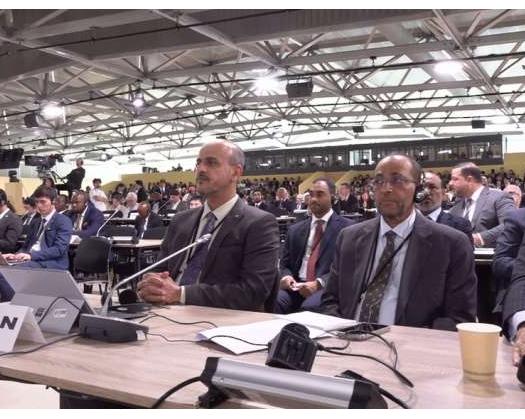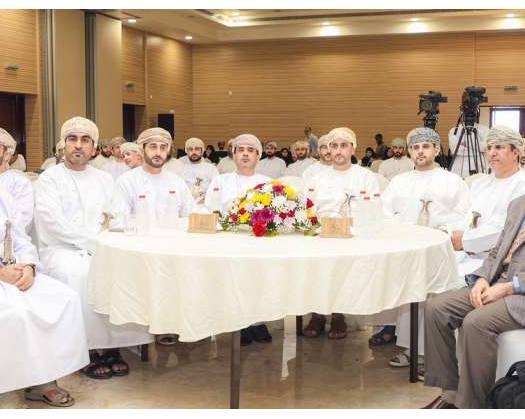At the request of His Majesty Sultan Haitham bin Tarik, Dr. Abdullah bin Ali Al Amri, the Chairman of the Environment Authority, is participating in the third United Nations Ocean Conference (UNOC3) taking place in Nice, France.
In his address, Dr. Al Amri showcased the Sultanate of Oman’s leading role in marine environment preservation, ocean protection, and the safeguarding of marine biodiversity in alignment with the Sustainable Development Goals (SDGs).
He remarked that Oman was one of the first nations to emphasize environmental safeguarding, having enacted “the initial legislation to prevent marine environments from pollution" 53 years ago. The nation has also created “marine protected areas"* that cover over 90,000 square kilometers to protect vulnerable species like humpback whales, sea turtles, and coral reefs. Furthermore, Oman has prohibited all forms of plastic shopping bags and has set a target year of 2050 for reaching net-zero emissions.
He highlighted that Oman launched the “Oman Blue Carbon Project" with the objective of planting 100 million mangrove trees, aimed at carbon sequestration and the protection of coastal ecosystems. These initiatives have led to high rankings for Oman in global environmental evaluations, especially regarding the rigor of marine conservation and marine biodiversity habitats. Additionally, Oman was elected as the President of the United Nations Environment Assembly (UNEA) for its seventh session.
He reiterated Oman’s commitment to endorsing "SDG 14," which aims at conserving oceans and marine resources, including supporting the “Biodiversity Beyond National Jurisdiction (BBNJ) Agreement."
Dr. Al Amri also stressed the importance of reminding the global community about the oceans' vital function as “a major carbon sink," emphasizing Oman’s commitment to contributing to worldwide efforts to preserve ocean health and maintain marine biodiversity.
The conference agenda included an initial session where Oman delivered its national statement, articulating its position on global marine challenges while reaffirming its support for SDG 14 (Life Below Water) and the Nice Action Plan.
This five-day conference features ten concurrent high-level sessions (Ocean Action Panels) discussing a variety of topics, including marine and coastal ecosystems, marine science and capacity-building, ocean financing, and climate action. The event further includes exhibitions, side events, and a range of cultural, educational, economic, and scientific activities.
The third UN Ocean Conference, which will run until June 13, aims to expedite global initiatives to safeguard oceans and fulfill SDG 14 (Life Below Water).








